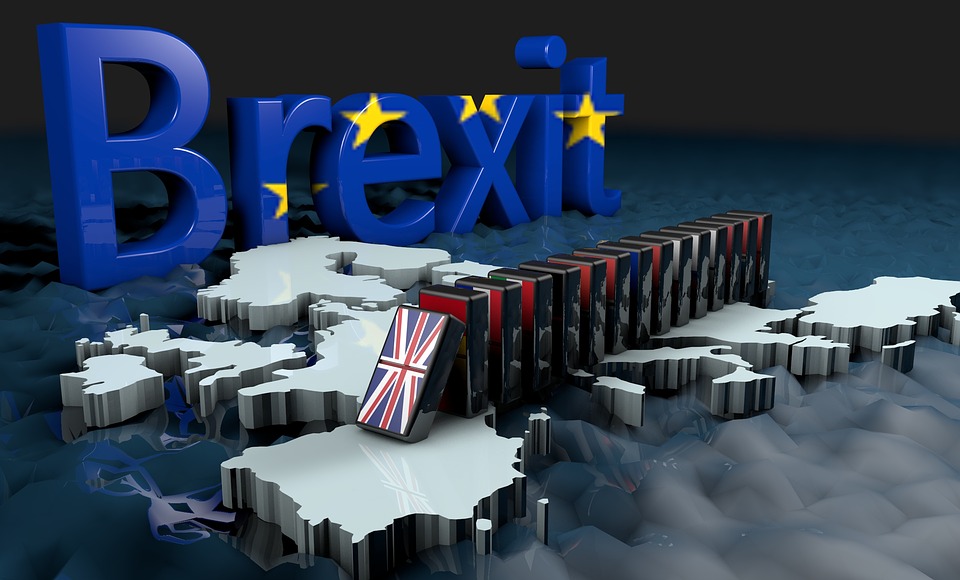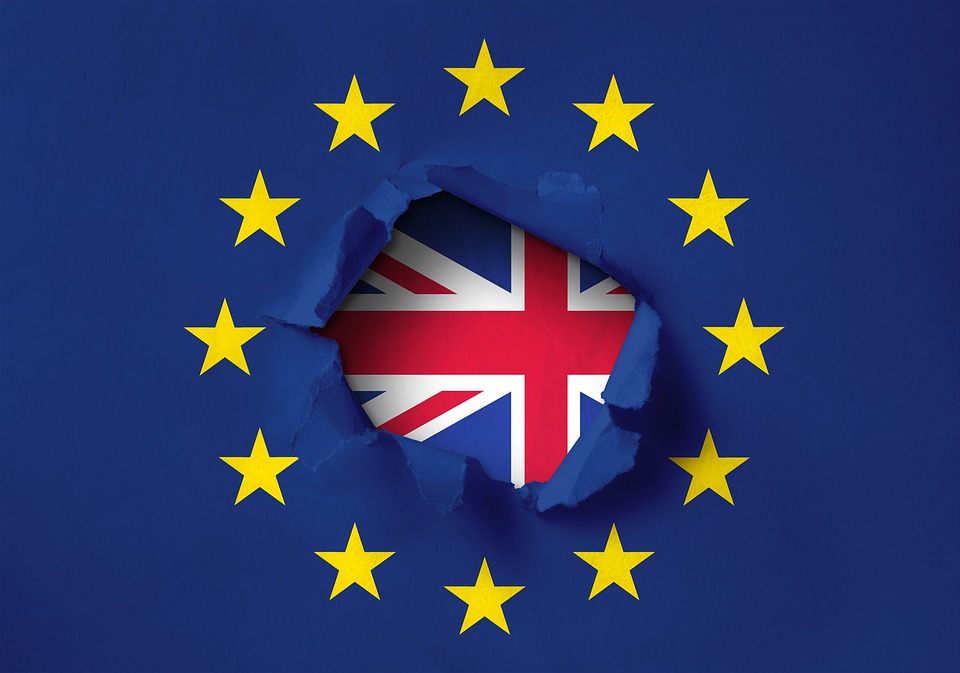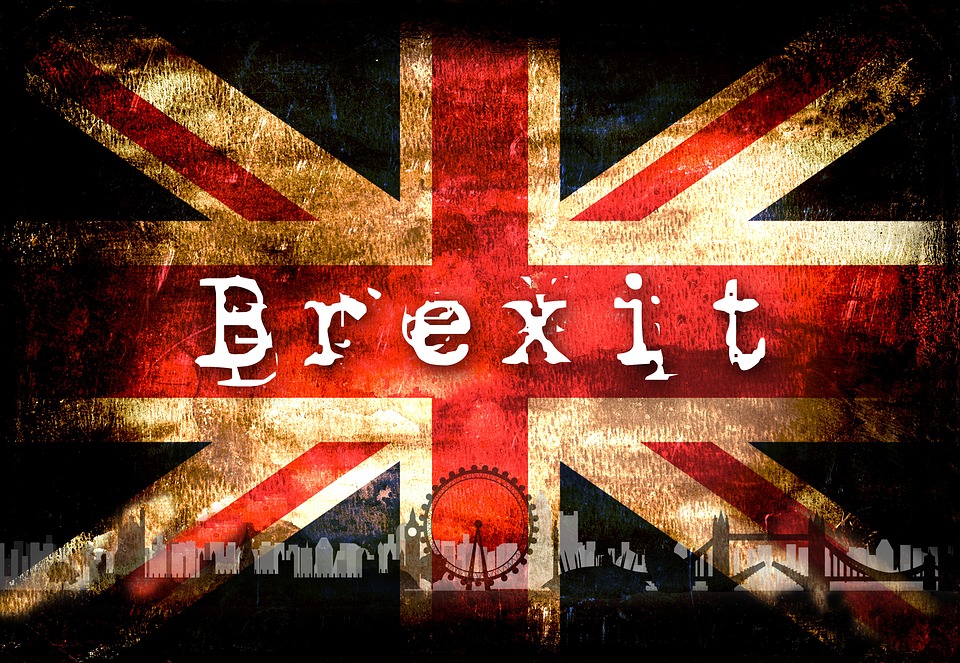Theresa May is to tell world leaders that the Brexit deal she has reached with the EU will be good for the global economy as she uses a international gathering to push her “global Britain” message.
The Prime Minister is joining leaders including US President Donald Trump, China’s Xi Jinping and Japan’s Shinzo Abe at the annual summit of the G20 group of leading economies in Argentina.
Mrs May becomes the first serving UK Prime Minister to visit Argentine capital Buenos Aires, and only the second to travel to the country, following a Tony Blair trip over the border from Brazil in 2001.
The long-running dispute over the Falkland Islands – still claimed as Las Malvinas by Argentina, 36 years after the 1982 war – is likely to be discussed in a one-on-one meeting with President Mauricio Macri, but is not thought likely to dominate the talks, which will focus on trade.
This week’s announcement of a new air link between the islands and Latin America via Argentina has been hailed by Downing Street as a sign of “strengthening” relations, but officials insist there is no change in the UK’s stance on sovereignty.
More awkward for Mrs May could be a potential encounter with Saudi Crown Prince Mohammed bin Salman, after the UK’s condemnation of the killing of journalist Jamal Khashoggi in October.
Asked whether Mrs May would be willing to shake the Crown Prince’s hand, a senior UK official said the PM believed it was important to “engage” with Saudi Arabia and would take any opportunity to get across Britain’s message on the need for “full accountability and full transparency” over the Khashoggi killing and an end to bloodshed in Yemen.
The two-day G20 gathering marks a brief respite for Mrs May from bitter wrangling in Westminster over the Brexit plan she agreed with EU leaders in Brussels on Sunday.
European Council president Donald Tusk and Commission chief Jean-Claude Juncker will be in Buenos Aires, along with France’s Emmanuel Macron and German Chancellor Angela Merkel, but the EU side has made clear there will be no more negotiation on the UK’s Withdrawal Agreement.
Mrs May will take the opportunity to voice Britain’s determination to “play a full and active role on trade on the global stage” following Brexit.
She will make clear that once the UK regains its individual seat on the World Trade Organisation next April, it will push for urgent reform of the body to open up digital trade and e-commerce and introduce greater transparency.
Arguing that Brexit will have positive consequences for the world economy, Mrs May will tell fellow leaders: “Our relationship with the EU will remain close. A free trade area, with no tariffs, fees, charges, quantitative restrictions or rules of origin checks, will protect jobs, including those that rely on integrated supply chains.
“International firms that have invested in UK production or use European bases to supply the UK market will benefit from these arrangements.
“For the first time in more than four decades, the UK will have an independent trade policy. We will play a full and active role on trade on the global stage, working with friends new and old, at a time of unprecedented global inter-connectedness.”
The PM will discuss ways to boost trade and investment with President Macri, with the pair expected to agree the appointment of the first UK trade envoy for Argentina.
The summit is the PM’s first visit to Latin America, which has been identified as an important post-Brexit trade partner, as a market of 638 million people with a combined GDP of £4.4 trillion and a growing middle class.
Speaking before setting off for Argentina, Mrs May said: “The announcement of a new trade envoy for Argentina and progress in transitioning our trade agreement with Chile show that we are already taking significant steps to boost trade in fast-growing new markets.
“We have strong links to build on – British energy companies are on the ground in Argentina, working to develop local energy sources, while financial services firms support the funding of these projects to expand Argentinian infrastructure.
“In my discussions with President Macri we will be exploring how we can develop this further for the prosperity of both our countries.”
Source: East Lothian Courier




